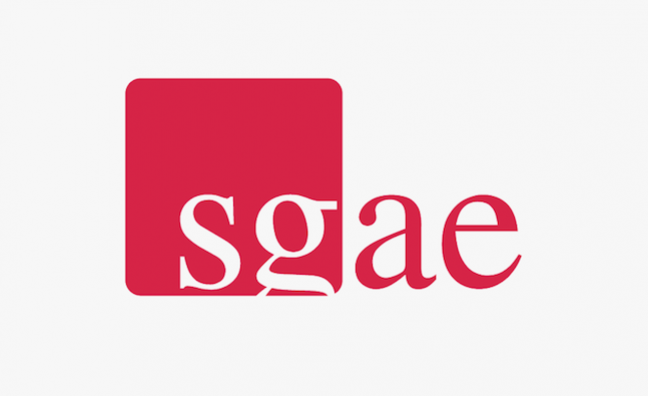The Spanish authors’ society SGAE has been readmitted to CISAC after implementing a series of reforms.
CISAC’s board of directors decided to re-admit SGAE after a thorough review of all changes in the society’s practices that have been implemented with the support of CISAC over the last three years.
SGAE was temporarily expelled from CISAC in May 2019, following its violation of the international confederation’s rules, discriminatory treatment of rights holders and irregularities in its royalties distributions. Prior to expulsion, CISAC carried out a comprehensive review of the SGAE’s operations and produced a report which set out a comprehensive package of reforms that the society was requested to implement in order to comply with CISAC’s rules.
The reforms that have now prompted SGAE’s readmission include:
- Ending discriminatory practices in electing board and supervisory board members
- Carrying out new elections to the board of directors and restoring the representation of all affiliated rights-holders in the society’s management bodies
- Introducing a new code of conduct to address conflicts of interest
- Changes to the weights of different categories of music, and the separation of music and audiovisual pools
- A maximum 20% cap on royalties paid for music that is broadcast during night time in accordance with the law
- Development of a technology project to address the distortions in royalty calculations caused by inaudible music in usage reports
CISAC director-general Gadi Oron and board chairman Marcelo Castello Branco said in a joint statement: “CISAC has worked for over three years to monitor, support and evaluate SGAE’s transformation into a society that is compliant with international standards. This has been a complex task of utmost importance both to CISAC members, who depend on the integrity of the collective management system internationally, and to Spanish creators and rights holders who deserve a well-functioning and reliable society. The reforms implemented should help SGAE better serve its members and international partners, and drive recovery in collections after the deep crisis caused by the pandemic.”









